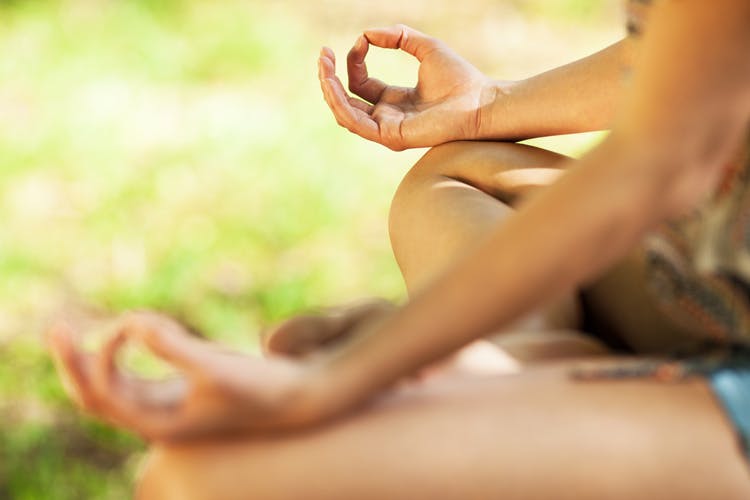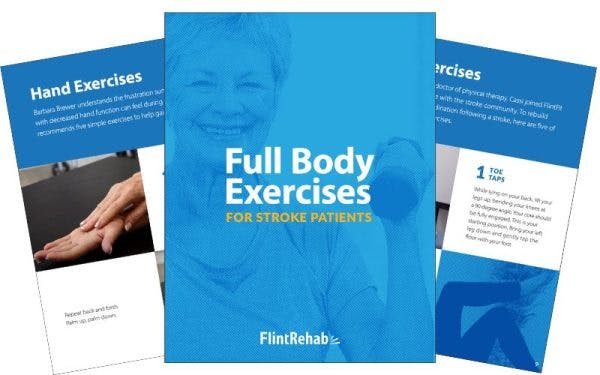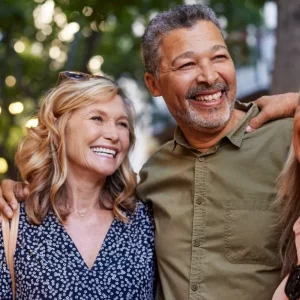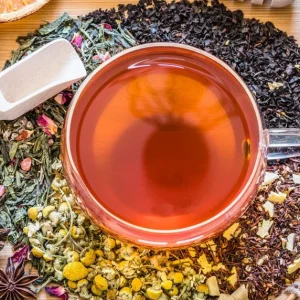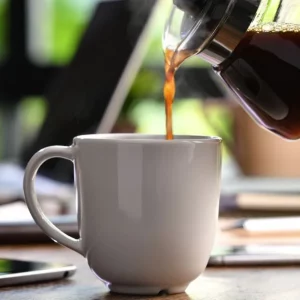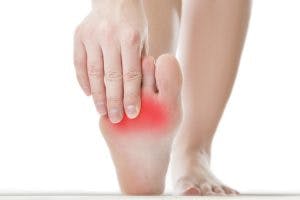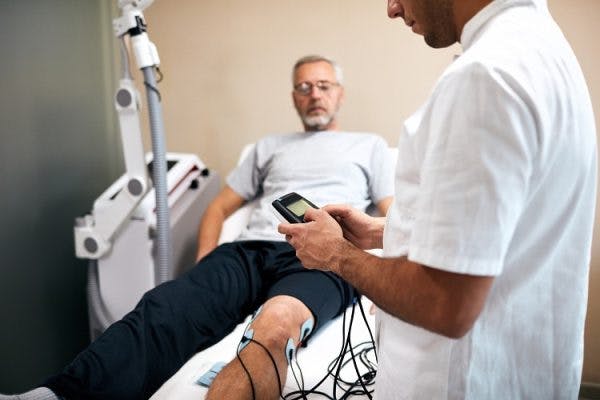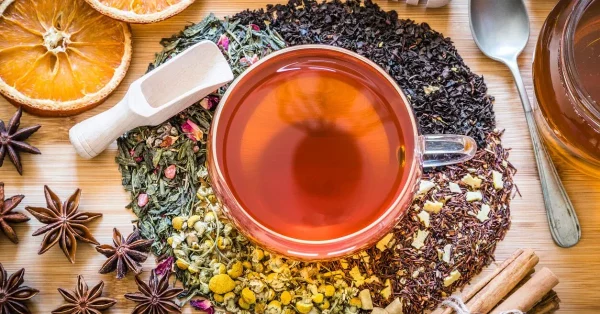Stroke recovery is a journey that demands attention to both physical and mental well-being. While rehabilitation focuses on regaining physical function, the emotional and psychological impact of a stroke can be significant. This is where meditation for stroke recovery comes in.
Meditation can be a powerful tool that can complement traditional stroke rehabilitation and enhance overall recovery. In this article, we’ll explore the science-backed benefits of meditation for stroke recovery, hear from other survivors, and discover how this practice can help you regain not just your physical strength, but also your mental resilience.
Recovering from a Stroke
A stroke not only affects a survivor’s physical health and function, but also mental or psychological health. Stroke survivors often experience major life changes, including a loss of function and independence. Consequently, survivors may also experience feelings of sadness, grief, frustration, and even anger as they navigate these changes – this is where meditation for stroke recovery comes
For this reason, psychological care after stroke is an incredibly important aspect of recovery. Let’s take a look at how survivors can maximize psychological health and promote stroke recovery is meditation and the benefits.
The Benefits of Meditation for Stroke Recovery
The road to recovery after stroke is long and comes with many highs and lows. Many survivors experience periods where they feel they are experiencing a plateau or regression in progress, which can be extremely frustrating. This can lead to conditions such post-stroke depression, which affects over 1/3 of stroke survivors. For this reason, meditation could be one of the most rewarding habits you develop.
Daily meditation can be beneficial for stroke recovery as research has shown that it can:
- Reduce depression, tiredness, and fatigue
- Improve attention, emotional regulation, and mental flexibility
- Boost regeneration of brain tissue and enhance information processing
The Science Supporting Meditation After a Stroke
As we discussed earlier in this article, a stroke can be accompanied by a wide variety of secondary effects. This often has a huge impact on a survivor’s daily function and independence. These effects can include weakness or paralysis of one side of the body (hemiparesis or hemiplegia), decreased mobility, reduced sensation, and spasticity. While these effects will require dedicated rehab, meditation can be another valuable adjunct to a stroke recovery program.
A recent study followed 10 stroke survivors who participated in 2 weeks of mindfulness meditation and tracked their progress. What they found was a statistically significant improvement in arm spasticity at the end of the study. Additionally, these survivors reported improvement in overall quality of life due to the participation in meditation practice.
Another incredibly important aspect of stroke recovery that can benefit from meditation is sleep. Many stroke survivors experience changes in sleep quality and sleep schedules, which can have a negative effect on rehabilitation and can slow recovery.
Sleep is your brain’s way of recharging in order to optimize information processing during your waking hours. A stroke can disrupt this process, causing individuals to experience more post-stroke fatigue and secondary effects like mood swings and reduced concentration.
To combat this, it is best to practice good sleep habits and to incorporate meditation into your routine to boost stroke recovery. Research shows that meditation improves sleep quality and reduces sleep disturbances. Subsequently, improved sleep patterns can help you make greater gains in function and get the most out of your rehab sessions.
In addition to these benefits, research shows that meditation reduces cardiovascular risk and may improve post-stroke attention.
This highlights the value of adding meditation to your daily rehabilitation routine to maximize your progress. Next we will talk about the reason why meditation is an effective stroke recovery strategy.
How Meditation Grows Your Brain
Regular meditation has been shown to grow the gray matter areas of your brain of your brain responsible for attention, emotion regulation, and mental flexibility. This makes your brain more efficient at processing information in these areas, which is essential for stroke survivors who are working on healing their brain.
The more these skills are practiced, the more growth can be stimulated in these areas. For example, mathematicians have more gray matter in the areas of their brain responsible for arithmetic and spatial reasoning. Similarly, jugglers have more gray matter in the areas of their brain responsible for hand–eye coordination and multitasking.
The healing ability of your brain is all thanks to neuroplasticity, which is how your brain rewires itself. While neuroplasticity is mostly discussed in regard to recovering from brain injury, it’s also the mechanism responsible for learning new skills. When you practice a skill, the neural pathways necessary to perform that skill become stronger.
Your brain will adapt to whatever you focus on and grow accordingly. Therefore, when you practice meditation for stroke recovery, this skill will become more automatic and your brain will experience growth and rewiring of neural pathways.
What Stroke Survivors Are Saying About Meditation
Meditation has become an increasingly popular topic of conversation within the stroke community, and for good reason. This health practice can improve psychological health by increasing the brain’s gray matter and promoting neuroplasticity. Through this process, meditation for stroke recovery can stimulate gains in attention, emotional regulation, and information processing.
Amy from My Cerebellar Stroke Recovery has a whole category on her blog dedicated to meditation. She regards meditation as one of the most important ingredients for a successful recovery from stroke. Similarly, Dean from Dean’s Stroke Musings also has an entire section for meditation on his blog, which speaks to the importance of meditation for stroke recovery.
Practicing mindfulness and regular meditation are valuable pieces of a holistic approach to stroke recovery. It is important to consider all aspects of health when creating a rehabilitation plan and recovery goals, not just physical functions. We hope this article has helped explain the benefits of meditation for stroke recovery and has encouraged you to prioritize your mental health throughout your rehabilitation journey.
